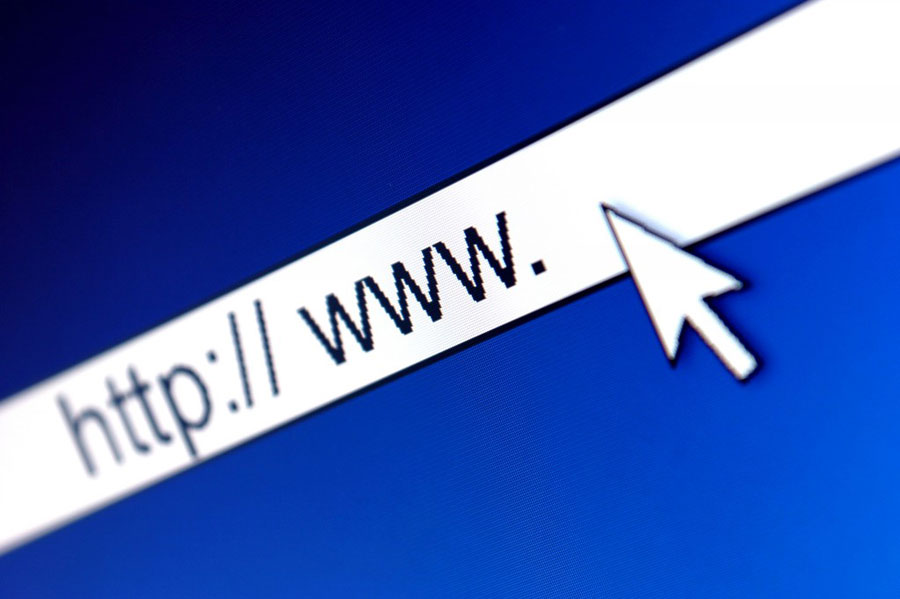When you buy a domain name you will be tempted with many alternatives to the conventional TLD (top level domain or domain extensions) or choice such as .com, .co.uk. These so-called generic Top Level Domains, gTLD, now include all manner of weird and wonderful additions such as .guru, .building, .singles etc and the range and market appears to be growing all the time.
The organisation responsible for approving and administering these gTLDs is ICANN (Internet Corporation for Assigned Names and Numbers). It is a non-profit responsible for the global coordination of the Internet’s unique identifier and its stable operation and safe profit organization.
From November 2013 ICANN started bringing onto the market gTLDs such as .equipment, .holdings, .guru etc and there has been no let-up in release and approval of new names since. You can see an up to date list of approved gTLDs here: ICANN list of all gTLDS
Some of the latest include .guardian, .next, .lipsy, .baby etc and over 1,300 new names or “strings” could become available in the next few years.
While the cost of domain name is usually a small percentage of your overall web development cost and you may simply just buy up the domain name and all relevant TLDs and gTLDs as a landgrab. However someone needs to decide which domain to use and why. Does using .autos or .london actually help boost web traffic or search engine rankings or is it merely a piece of memorable branding. For example a radio advert mentioning a particularly well chosen gTLD such as .london for a London business may generate more traffic if it sticks in people’s minds. On the downside, people unfamiliar with the new gTLDs may have second thoughts about typing this into their browser.
Do generic Top Level Domains boost web traffic
When you are buying domain names, the choice of each part from whether you have keywords or branding name in the domain and the TLD could have an impact on your search engine rankings.
According to Google, there should be no advantage of having keywords in the gTLD or domain extension:
“Overall, our systems treat new gTLDs like other gTLDs (like .com & .org). Keywords in a TLD do not give any advantage or disadvantage in search.”
There are some search engine ranking benefits from having keywords in the main domain name – see our earlier blog posting on Google ranking factors.
Also brand TLDs such as .next or .guardian will not be treated differently. The same applies to region specific gTLDs such as .london or .bayern. This means that a business using that gTLD exclusively will not necessarily get an advantage over .com or .co.uk domains when people are searching
Google have left the question open though so they can establish a pattern of usage.
Google do confirm that Country Code Top Level Domains such as .uk, .ae etc do assume that the website is probably more relevant in the appropriate country.
You can find more information here: Google’s handling of the new generic top level domains

This is the most recent guidance we have seen from Google.
A case study on gTLDs and PPC advertsing costs
Digital marketing agency Globe Runner has been actively researching and studying the Search Engine Marketing (PPC) effects that the new gTLD domain name extensions are having on the industry. Initially in September 2014 their results showed that the .COM beat a new gTLD domain name when it came to quality traffic: but .COM traffic was more expensive. However, one year and four months later, the tide has changed.
It cost more to advertise using a .COM than a new domain extension. However, over a year and a half later, that has all changed. New domain extensions are converting at about the same rate–but .COM domains are converting now at a record low, of nearly 20 percent. It still costs more to advertise using a .COM domain name than using a new domain extension. Here are some quick stats from their updated research:
Average CPC (Cost Per Click)
3Carat.Diamonds: $.77 Sept. 2015 vs $.69 in Jan 2015 vs. $.77 in May 2014
3CaratDiamonds.com: $.83 Sept 2015 vs $.82 (vs. $.81 in May 2014)
Therefore the Google AdWords or (Pay Per Click) PPC implications seems to imply a difference in pay per click advertising, however the jury is still out on whether it affects search engine rankings. See the full case study here: How new gTLDs are beating .com
It really is hard to call. Relevant keywords in a domain name can definitely have a positive benefit on SEO, but Google is non-committal at best. Ultimately if it suits your business and makes your coventional advertising more memorable – for example display or radio advertising then this could be a good enough reason to invest in additional gTLDs or domain name extensions.



